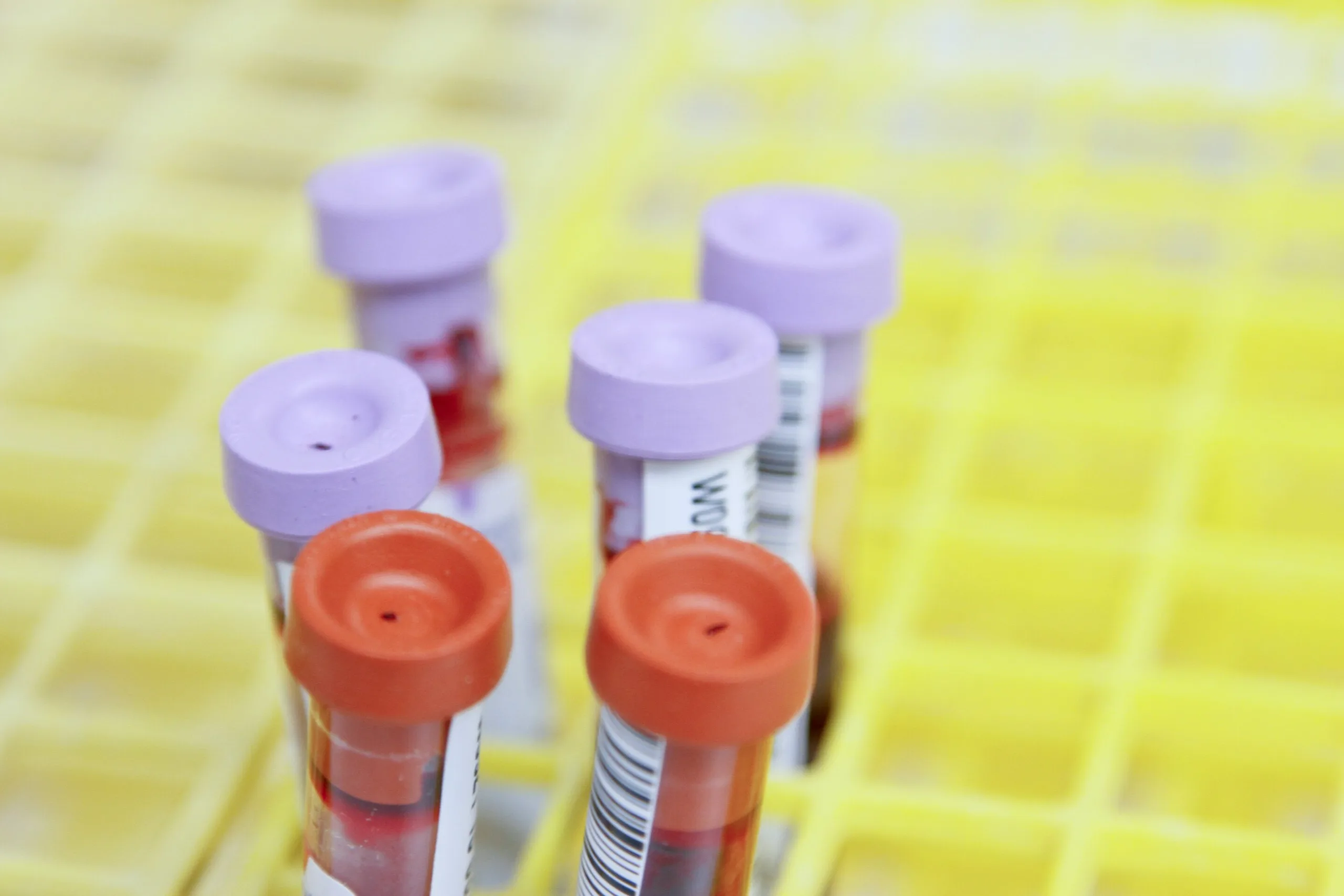Revolutionary Blood Test for Rapid Diagnosis of Rare Genetic Diseases
In a significant breakthrough for pediatric medicine, researchers at the University of Melbourne and Murdoch Children’s Research Institute (MCRI) have pioneered a blood test that promises to dramatically accelerate the diagnosis of rare genetic diseases in infants and children. This innovative diagnostic tool has the potential to replace more invasive and expensive procedures, offering families quicker access to essential treatments and improving overall outcomes.
The Impact of Early Diagnosis
The current diagnostic process for rare genetic diseases can be lengthy and arduous, often involving a battery of tests and specialist consultations. This delay not only causes significant anxiety for families but can also postpone the initiation of potentially life-saving therapies. The newly developed blood test aims to address these challenges by providing a rapid and accurate means of identifying these conditions early in life.
How the Blood Test Works
This novel blood test utilizes advanced genomic sequencing techniques to analyze a patient’s DNA for specific genetic markers associated with a wide range of rare diseases. By identifying these markers, clinicians can quickly and accurately determine whether a child has a particular genetic condition, paving the way for prompt intervention and management.
Benefits of the New Diagnostic Approach
- Faster Diagnosis: Reduces the time required to diagnose rare genetic diseases.
- Less Invasive: Eliminates the need for costly and often painful procedures.
- Earlier Treatment: Enables families to access treatment options sooner.
- Improved Outcomes: Early intervention can significantly improve a child’s long-term health and quality of life.
Looking Ahead
The development of this blood test represents a major step forward in the diagnosis and management of rare genetic diseases. As research continues and the technology becomes more widely available, it is poised to transform the lives of countless children and families affected by these challenging conditions.
Final Overview
This innovative blood test offers a promising solution to the challenges associated with diagnosing rare genetic diseases in children, providing faster, less invasive, and more accurate results. The potential benefits for families and the healthcare system are immense, marking a new era in pediatric genetic medicine.



+ There are no comments
Add yours